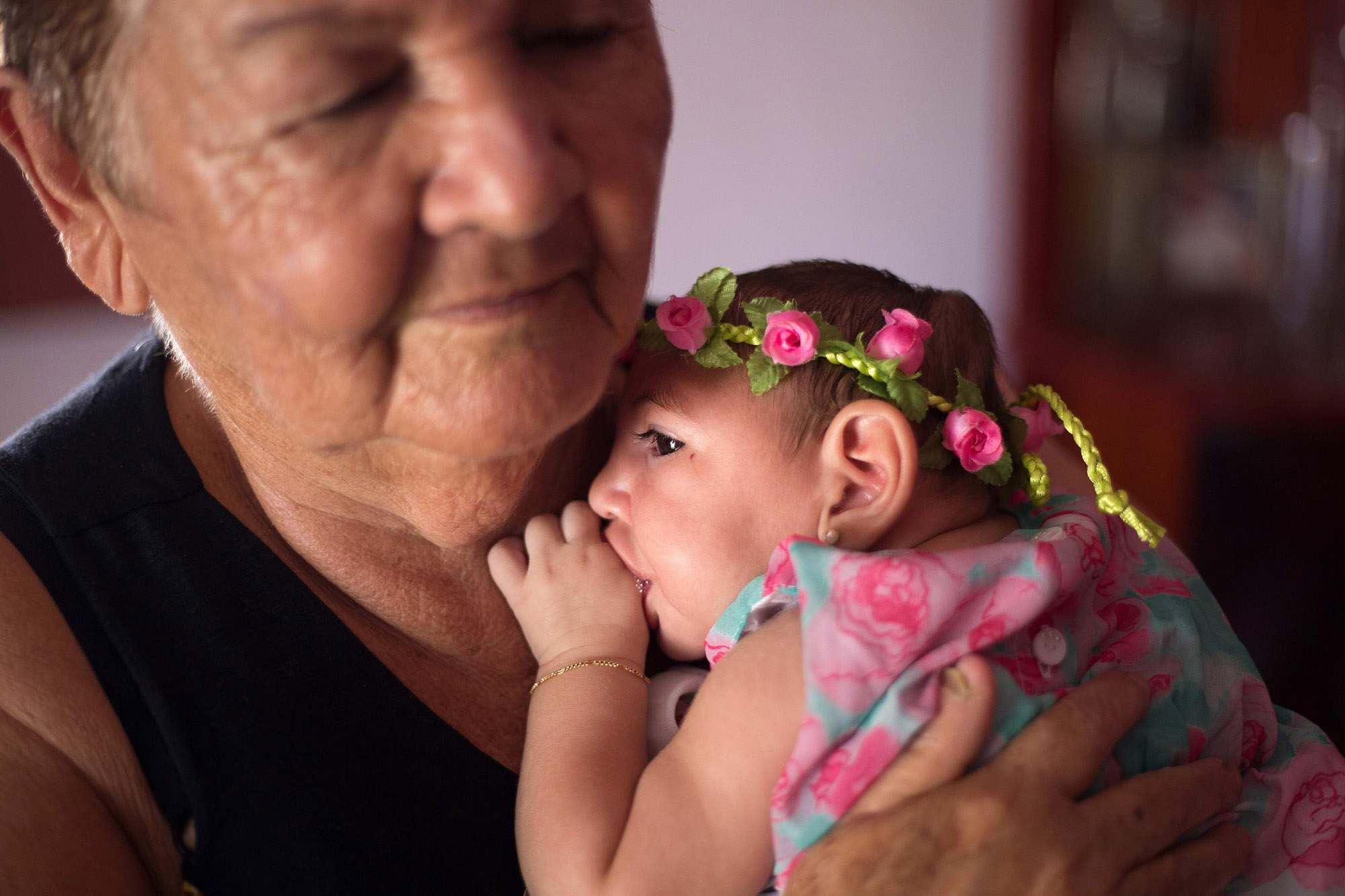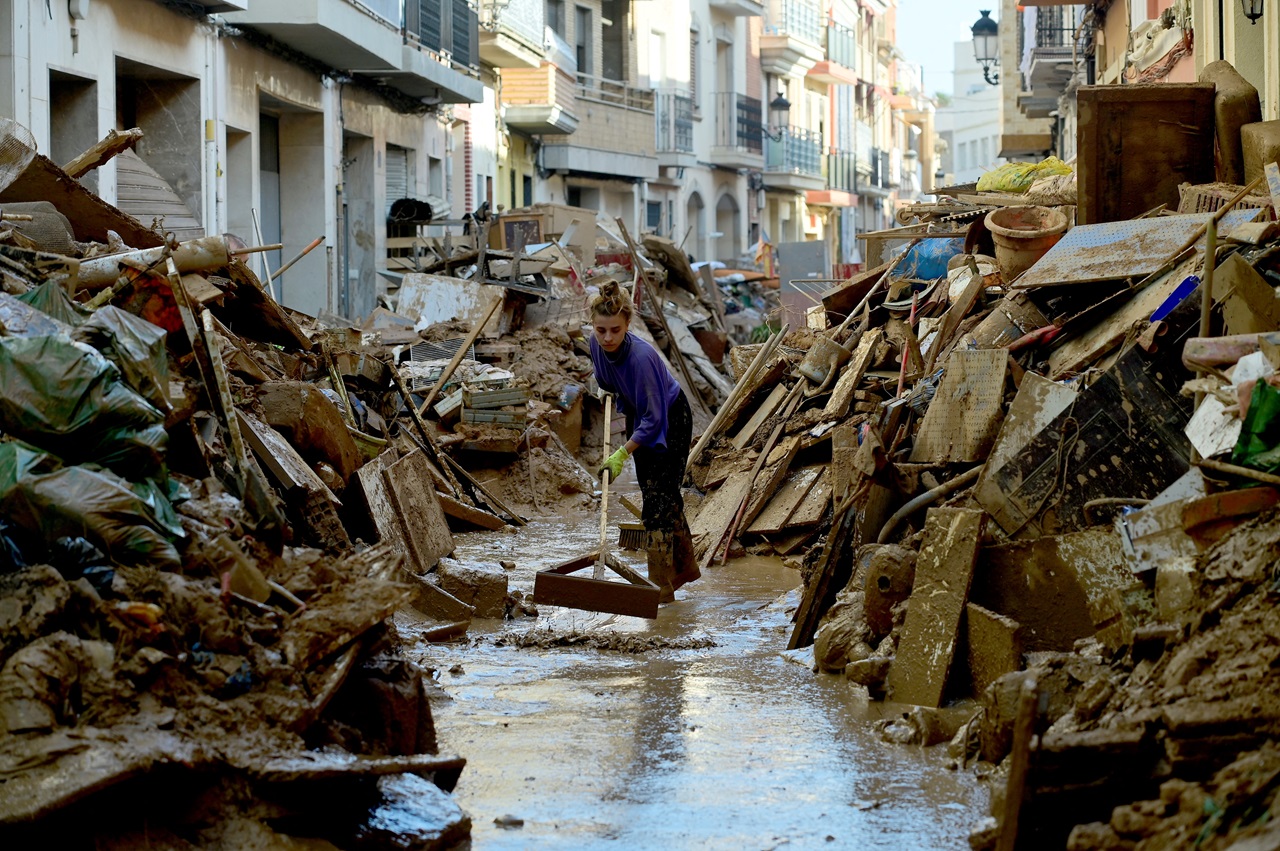
Brazil's infant mortality rate rises for first time since 1990
Brazil's Ministry of Health reported on Monday that after 25 years of sustained decline, the rate of infant mortality started to rise in 2016, partly due to the Zika virus epidemic as well as the economic crisis that the South American country has been facing.
Since 1990, the country reduced its infant mortality rate at an average of 4.9 percent per year, and in 2013, it achieved a millennium development goal by reducing the infant mortality rate by 70 percent, the ministry said.
In Brazil, the 2016 infant mortality rate was 14 percent as compared to 13.3 percent in 2015.
Although the 2016 rate does not represent a significant increase in infant mortality rates for the government, the rate came amid government efforts to enact public health programs aimed at basic home care for its population.
Some 42,855 teams in 5,497 municipalities monitor children's day-to-day activities and are able to solve up to 80 percent of health problems, according to the ministry.
CONTENIDO RELACIONADO
The infant mortality rate is calculated from the number of deaths of infants under the age of one year for every 1,000 live births.
However, Brazil recorded a decrease in the birth rate in 2016, which could also be due to the Zika virus epidemic and the consequences of the economic recession the country suffered between 2015 and 2016.
Brazil witnessed a steep recession that was reflected in an economic downturn of 3.5 percent in 2015 and the same percentage in 2016.
In 2016, the birth rate in Brazil lowered by 5.3 percent, partly due to delayed pregnancy and partly due to impacts from Zika, said the ministry in a statement, adding that children were the worst affected by the socioeconomic changes.










DEJE UN COMENTARIO:
¡Únete a la discusión! Deja un comentario.